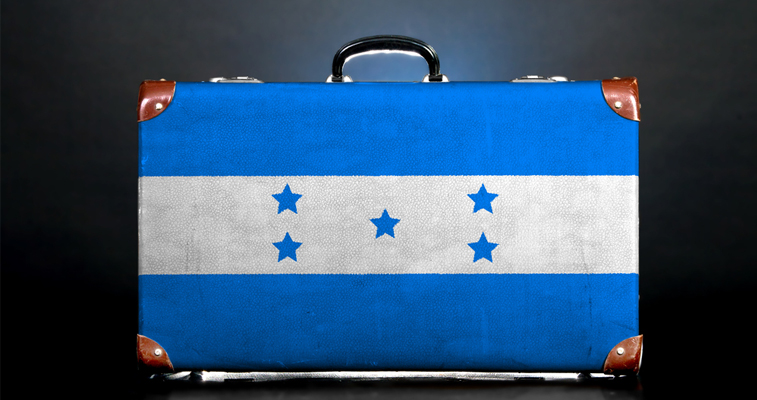Honduras: Peru, Mexico and Taiwan want stronger ties
Thursday, April 10, 2014

With a new government in charge, Honduras is increasingly putting itself on the map for investors.
President Juan Orlando Hernández, who took office at the beginning of this year, is spearheading a change in the Central American country's economy.
His aim is to boost public-private alliances, said Adolfo Facussé, president of the country's industrial association.
Peru, Mexico and Taiwan have shown interest in boosting cooperation and trade with Honduras this year.
Peru agreed to reinitiate talks towards a bilateral free trade agreement.
A delegation led by Honduran Foreign Trade Vice Minister Melvin Redondo, along with business leaders from food, drink, commercial airline and construction sectors travelled to Peru in the first week of April to rekindle interest in Peruvian investors.
Trade negotiations have been stalled since 2011.
In the first week of April, President Hernández met with his Mexican counterpart Enrique Peña Nieto to sign the Comayagua Treaty.
The accord is designed to unite both countries' efforts in the fight against organized crime, and to help protect migrants from extortion along their route to the United States.
Meanwhile, Taiwan last week sent a group of business leaders to promote their products, including jewellery, solar heaters, appliances, tires and cosmetics.
Tegucigalpa-based Grupo Financiero Ficohsa (only in Spanish) is the country's strongest financial institution.
Last month, the company was given a license to serve Panamanian customers.
Ficohsa is the only Honduran bank to operate in one of the region's leading financial centers.
The bank's operations in Guatemala were highlighted among the best in the region in 2012 and 2013, by Netherlands-based Global Reporting Initiative.
Honduras's main exports are clothing, coffee, bananas, shrimp, palm oil, gold and tobacco.
The main buyers of its products are the United States, Belgium, Germany, Guatemala and El Salvador.
Imports mainly consist of machinery, electrical appliances, petroleum-based products, computers, cars, chemicals, and processed foods, mostly from the United States, Mexico, Costa Rica, Japan, Brazil, Guatemala and Europe.
